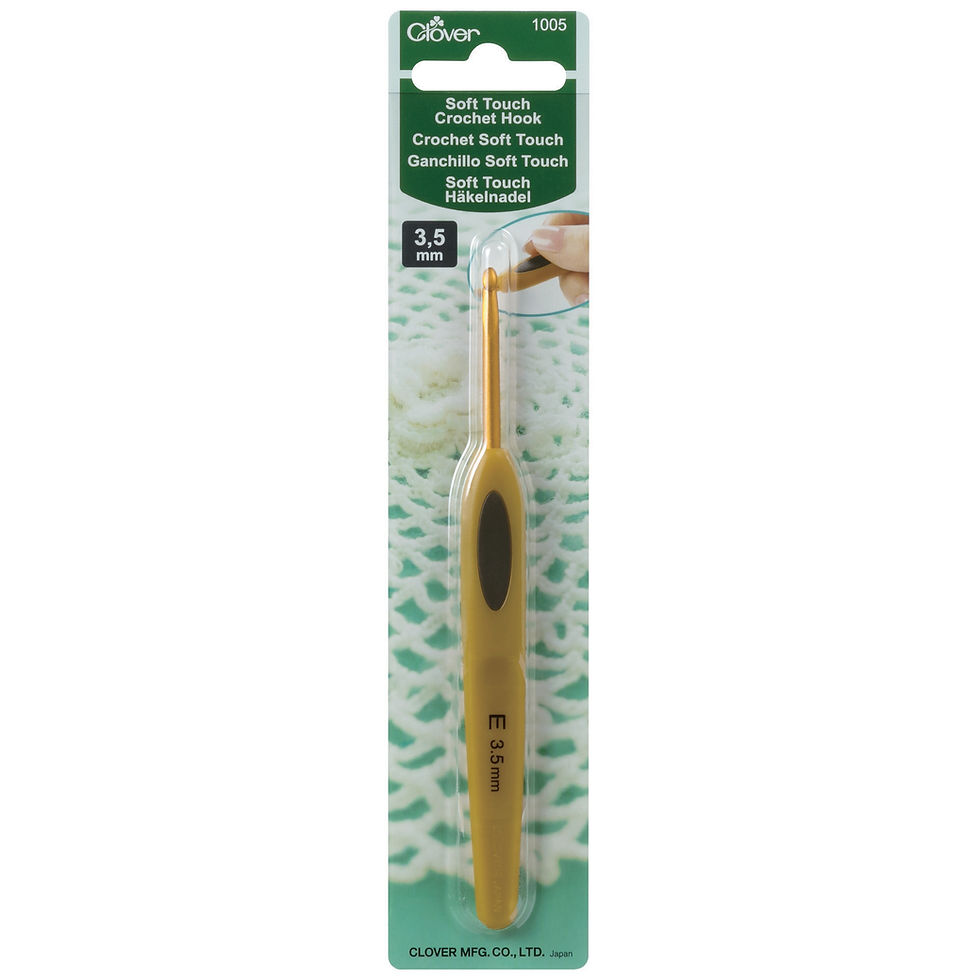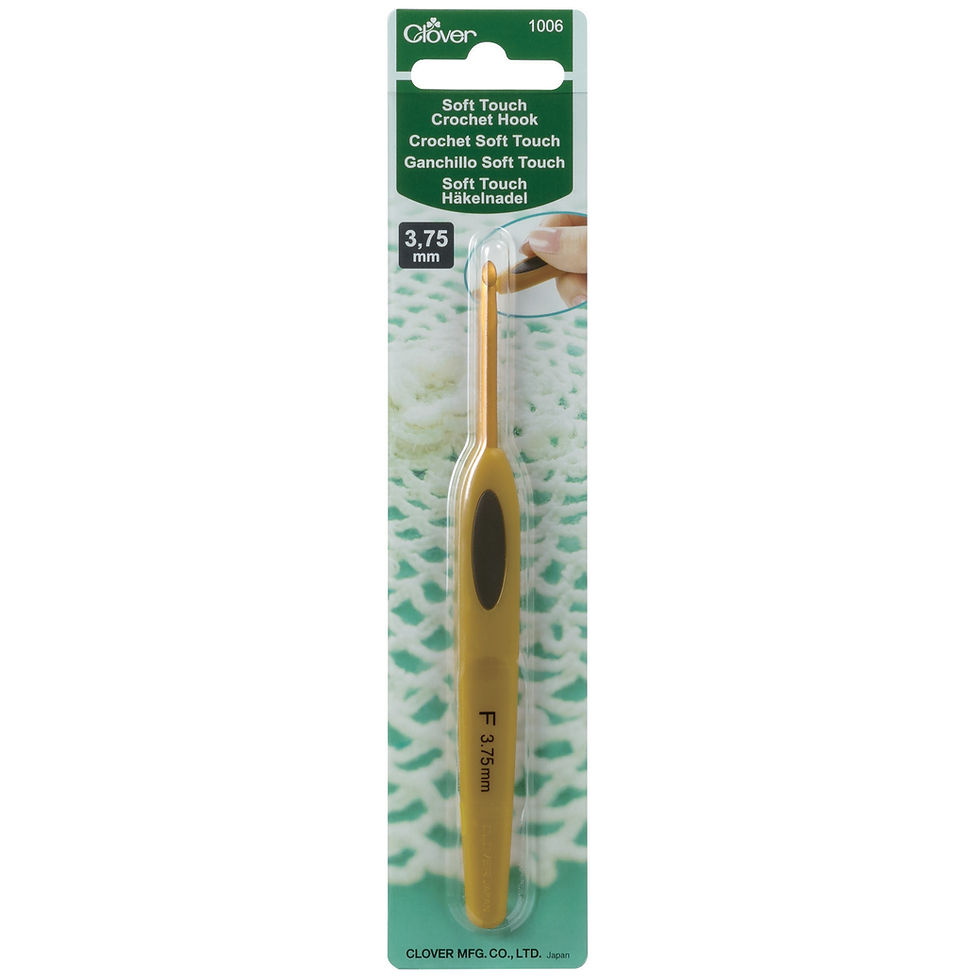This designer panel is by Ky Fujita for QH Textiles, taking hanafukin panels in a new direction, while staying traditional. This delightful and simple Christmas holly wreath would add a charming touch to your seasonal decor! Please see my stitching suggestions below for ways to stitch this design to best advantage. Hand printed in Japan.
It is a 'hana fukin' with literally means 'flower cloth' and printed on natural greige (unbleached natural) fabric, 85% cotton, 15% linen. Each panel is supplied in one piece with a plain area the same size attached, because they are designed to be stitched through both layers and the edges turned in to make a little cloth, but you can stitch the printed layer separately (as I often do). They may be stitched with a doubled or single thread (or a mixture of both, for an interesting effect), in coloured threads, or white for a very minimalist contemporary look. Any of my medium sashiko threads would be ideal for these panels, or use the finer sashiko threads doubled.
These hand printed designer panels are more expensive than the other hanafukin I sell, but the patterns are so beautiful, I wanted to start selling them! I have more more designs by Ky Fujita in stock.
Sashiko Cloth by QH Textiles (Australia)
Printed with water-soluble ink - marks wash out
Composition : 85% Cotton, 15% linen
Individual Cloth Size : Approx. 30cm x 60cm (Finished size : 30cm x 30cm)
This unbleached QH greige fabric is a slightly finer weave than the Olympus hanafukin sarashi cotton, although the printed stitch length is about 3mm (the same as my Olympus panels).
#KF2021-28 'Christmas Wreath' designer hanafukin sashiko sampler
Hanafukin cloths are traditionally stitched through two layers of fabric (the second layer is the plain section) but can be stitched just through one if you want to add wadding and quilt the panel after finishing the sashiko stitching. For 'quilt as you go', the plain section can be used as a backing.
To stitch through two layers, the cloth can be stitched all round and bagged out before stitching the sashiko; stitched across the short ends with right sides together, then the sashiko stitched, and finally the two selvedges turned in on each other and ladder stitched together; or the edges tucked in using a butted finished and stitched all round. Any of these can also be done after the sashiko is stitched, if you don't want the back of your stitching to be visible.
A natural colour combination of green and red thread would look lovely for this panel, perhaps introduction a mid brown for the holly twigs. Shaded or solid sashiko thread would work well. #95 yellow ochre to light green would give the impression of a varigated holly leaf, and #93 autumn maple leaves would look like varigated berries. Mixing several different reds would give depth to the berries. A darker rich green like Yokota's #24 spring green or #5 green for the leaves would look great against the greige background. The central wording could be picked out in any contrasting colour, and doubling the sashiko thread here would give the stitches more emphasis. Alternatively, go for a more contemporary look and use shades of yellow golds and greys. Whatever you choose, it will look lovely.
Of course, if you are including this panel with others in a quilt or wallhanging, you could take your colour inspirations from the other panels. Whatever colours you choose, remember the lightest colours, white especially, will appear very light against the greige fabric, while colours like deep red will stand out and create a bold accent in your stitching.The whole panel can be stitched in a single medium sashiko thread or with some threads doubled for a bolder effect. If you wish to stitch in just one colour, try combining the 20m medium sashiko thread with the 80m fine sashiko thread.





























